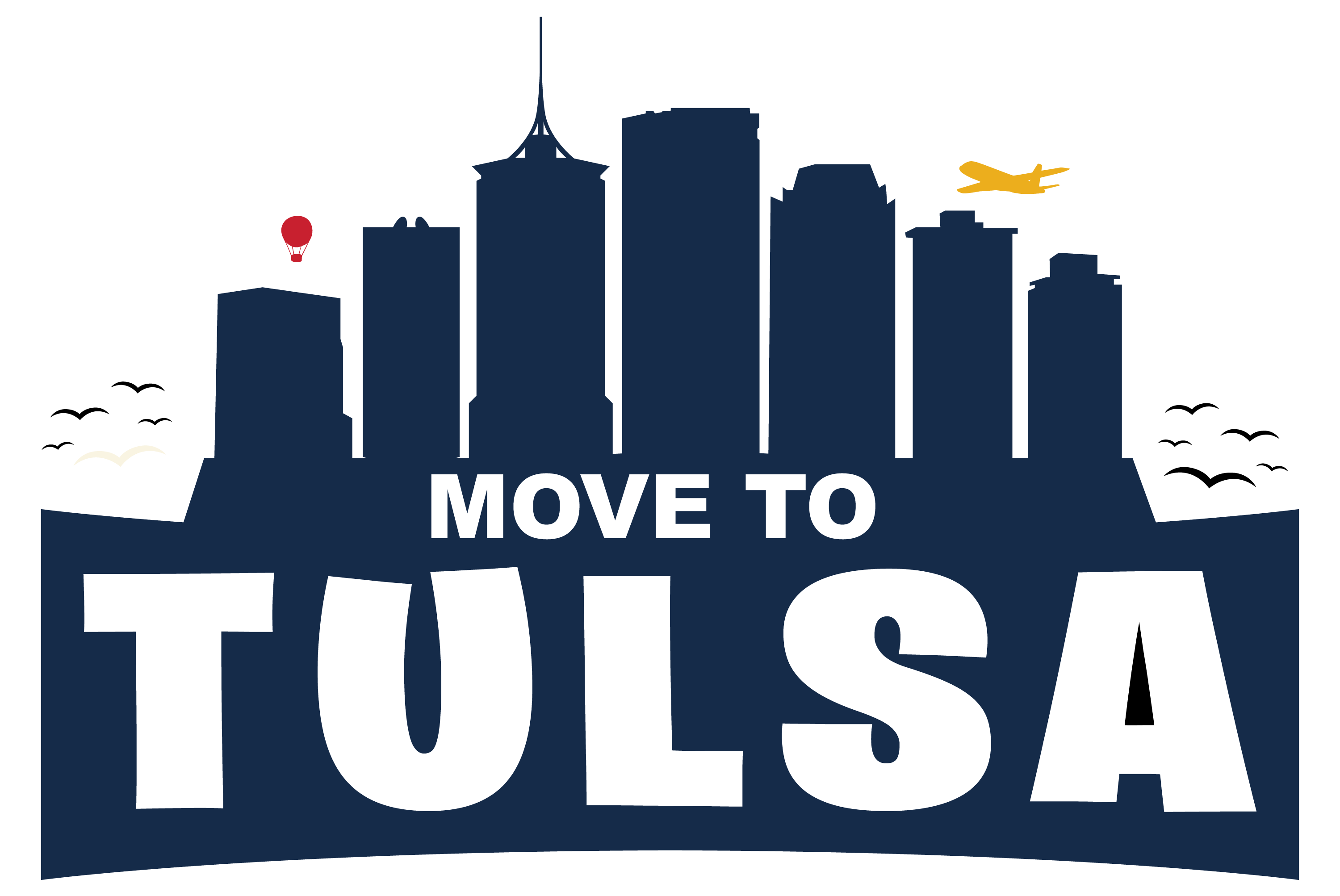In the heartland of America lies a city that has been making remarkable strides in promoting diversity and inclusion—Tulsa, Oklahoma. Long known for its rich history and cultural heritage, Tulsa has embarked on a transformative journey towards becoming a beacon of unity, acceptance, and opportunity for all its residents. From its tumultuous past to its promising present, Tulsa’s commitment to diversity and inclusion serves as an inspiring example for cities across the nation.
Historically
Tulsa’s history is deeply intertwined with both triumphs and challenges related to diversity and inclusion. The city’s historic Greenwood District, often referred to as “Black Wall Street,” was once a flourishing hub of African American businesses and culture in the early 20th century. Tragically, the district was targeted in the infamous Tulsa Race Massacre of 1921, resulting in devastating loss of life and property. Despite this dark chapter, the resilience of the community has played a pivotal role in shaping Tulsa’s commitment to creating a more inclusive future.
Embracing Diversity
Tulsa’s embrace of diversity is evident in the city’s multicultural fabric, where people from various backgrounds come together to celebrate their differences. The Tulsa International Festival, an annual event showcasing the city’s cultural diversity, stands as a testament to the city’s commitment to fostering understanding and unity among its residents. Through music, dance, art, and cuisine, the festival promotes cross-cultural exchange, fostering connections that transcend ethnic and racial boundaries.
Inclusion in Education
Education plays a vital role in shaping the values and perspectives of future generations. Tulsa has recognized this, striving to create inclusive environments in its schools. Initiatives like culturally sensitive curricula, diversity training for educators, and the establishment of safe spaces for students from marginalized backgrounds are just a few examples of the city’s efforts to ensure that every child feels valued and empowered within the educational system.
Economic Opportunities for All
True inclusion extends beyond cultural celebrations and educational settings—it also encompasses economic empowerment. Tulsa’s commitment to economic inclusion is demonstrated through initiatives that support minority-owned businesses and provide resources for underrepresented entrepreneurs. By fostering an environment where everyone has the opportunity to thrive, the city is working to bridge historic economic disparities and create a more equitable future.
The Role of Community Organizations
Diversity and inclusion efforts are often driven by the dedication of community organizations. In Tulsa, groups like the Metropolitan Tulsa Urban League and the Tulsa Equality Indicators provide vital support to marginalized communities. Through advocacy, outreach, and collaborative projects, these organizations contribute to the ongoing dialogue about diversity and inclusion, helping to shape policies and practices that benefit everyone.
The Path Forward
Tulsa’s journey towards greater diversity and inclusion is ongoing, marked by both progress and challenges. The events of the past have not been forgotten; instead, they serve as a reminder of the importance of building a more equitable society. As Tulsa continues to celebrate its cultural richness and embrace its residents’ differences, it sets an example for other cities striving to create a better future for all.
Tulsa, Oklahoma’s commitment to diversity and inclusion serves as an inspiring tale of transformation. From its historical struggles to its present-day initiatives, the city has made significant strides in fostering a sense of belonging for all its residents. By embracing diversity, promoting inclusive education, creating economic opportunities, and supporting community organizations, Tulsa paves the way for a brighter and more united future—one that other cities can learn from and aspire to achieve.
